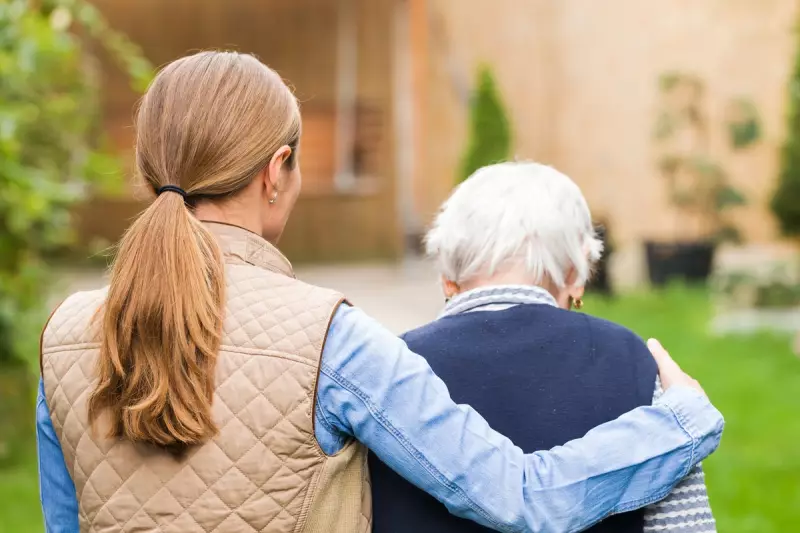
A stark warning has been issued by one of the UK's leading charities, challenging the dangerous assumption that feeling persistently low is a normal part of getting older. Age UK is urging the older generation and their loved ones to recognise the distinct signs of depression, which often go unnoticed or are dismissed as mere ageing.
The call to action highlights that depression is not an inevitable consequence of later life, but a treatable medical condition. Ignoring the symptoms can have severe consequences, impacting physical health and overall quality of life.
Beyond the Blues: Subtle Signs to Watch For
The charity outlines several key symptoms that differentiate clinical depression from temporary sadness. While each person's experience is unique, common indicators include:
- A persistent empty or hopeless feeling that lasts for weeks, not days.
- A profound loss of interest in hobbies, socialising, or activities that were once a source of joy.
- Significant changes in sleep patterns, such as insomnia or sleeping excessively.
- Unexplained aches and pains or a general slowing down of movement and speech.
- Withdrawing from social contact and isolating oneself from friends and family.
Breaking the Stigma: "It's Not a Sign of Weakness"
Age UK emphasises that a crucial barrier to treatment is the stigma surrounding mental health, particularly among older generations who may view it as a character flaw or something to be endured silently. The charity stresses that depression is a common health issue, and seeking help is a sign of strength.
"It's not an inevitable part of ageing," a spokesperson stated. "It's really important that older people realise that and don't just dismiss how they're feeling as 'just one of those things'."
Pathways to Support and Recovery
For those concerned about themselves or a loved one, the first port of call should always be a GP, who can discuss treatment options, from talking therapies to medication. Additionally, organisations like Age UK offer a free, confidential advice line staffed by trained professionals who can provide support and direct people to local services.
Reaching out and starting a conversation is presented as the most critical first step towards reclaiming well-being and enjoying later life to its fullest.





